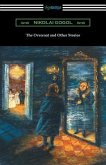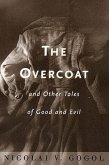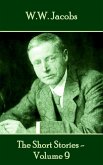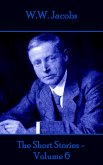Ghulam Abbas, Sajjad Haider Yildirim, Rashid Al Khairi, and Saadat Hasan Manto are towering figures in the evolution of Urdu short story writing. Each made unique contributions that shaped the form and content of Urdu literature. Ghulam Abbas was a master of psychological realism. His stories often delved into the complexities of human nature and the struggles of ordinary people. His best-known work, "Zindagi ke Jharoke Mein," explored the internal lives of characters and highlighted the tension between societal expectations and individual desires. Abbas' work is noted for its simplicity and depth, capturing the intricacies of everyday life. Sajjad Haider Yildirim, while less known than others, was a significant figure in the development of the Urdu short story, especially in introducing new narrative techniques. His works often blended realism with elements of fantasy and allegory, reflecting the psychological and social changes of his time. Yildirim's stories like "Parinda" portrayed deep social and emotional conflicts, emphasizing themes of isolation and human fragility. Rashid Al Khairi's contribution was marked by his focus on social issues, particularly the plight of women and the lower classes. His stories often carried a strong moral message, critiquing societal norms and emphasizing the need for social reform. Khairi's writing was straightforward yet powerful, making him a significant voice in the Urdu literary tradition. Saadat Hasan Manto, arguably the most famous of the four, revolutionized Urdu short fiction with his bold and unapologetic exploration of taboo subjects, such as partition, sexuality, and the human condition. Manto's stories, including "Toba Tek Singh" and "Thanda Gosht," were raw and daring, breaking away from traditional narrative constraints and focusing on the darker aspects of human existence. His unabashed treatment of sensitive themes made him both a controversial and celebrated figure. Together, these writers helped to redefine the Urdu short story, pushing its boundaries and addressing both personal and societal issues with innovation and intensity. The book is an English translation of some selected works of these fantastic fiction writers.
Hinweis: Dieser Artikel kann nur an eine deutsche Lieferadresse ausgeliefert werden.
Hinweis: Dieser Artikel kann nur an eine deutsche Lieferadresse ausgeliefert werden.








